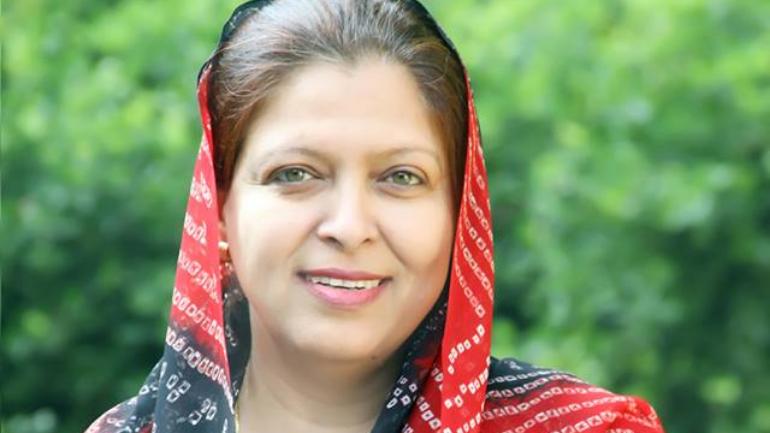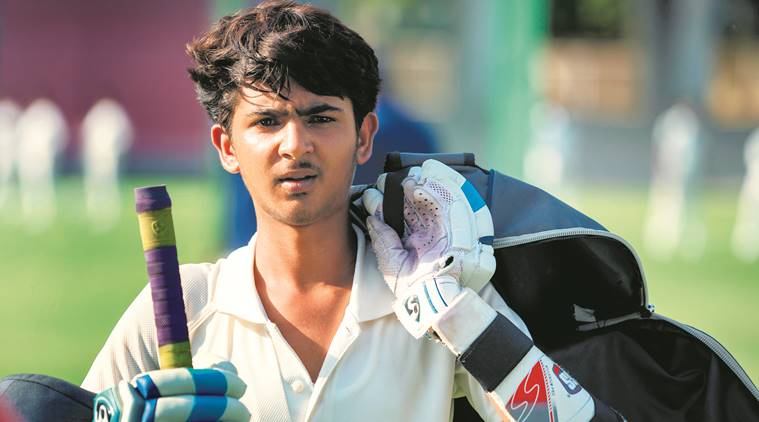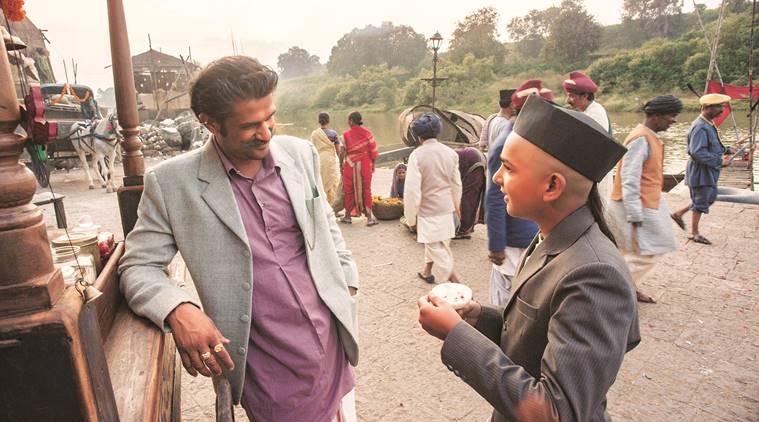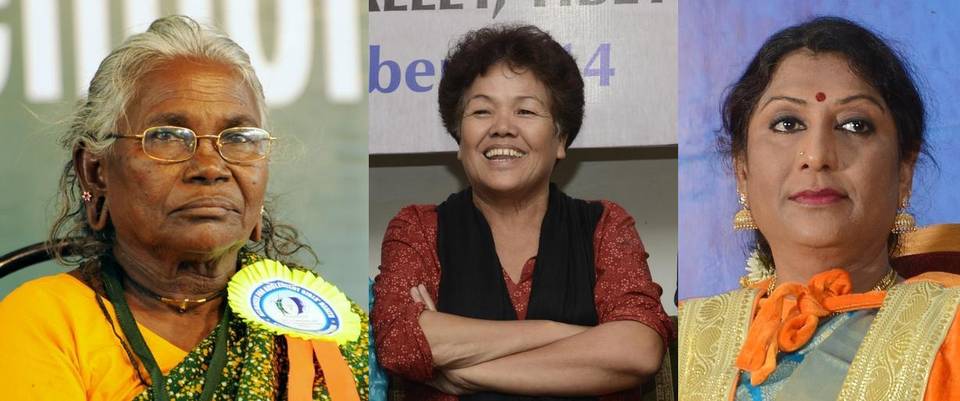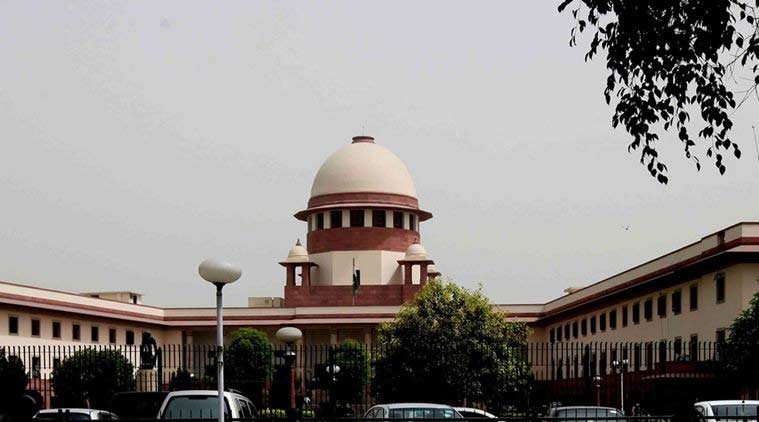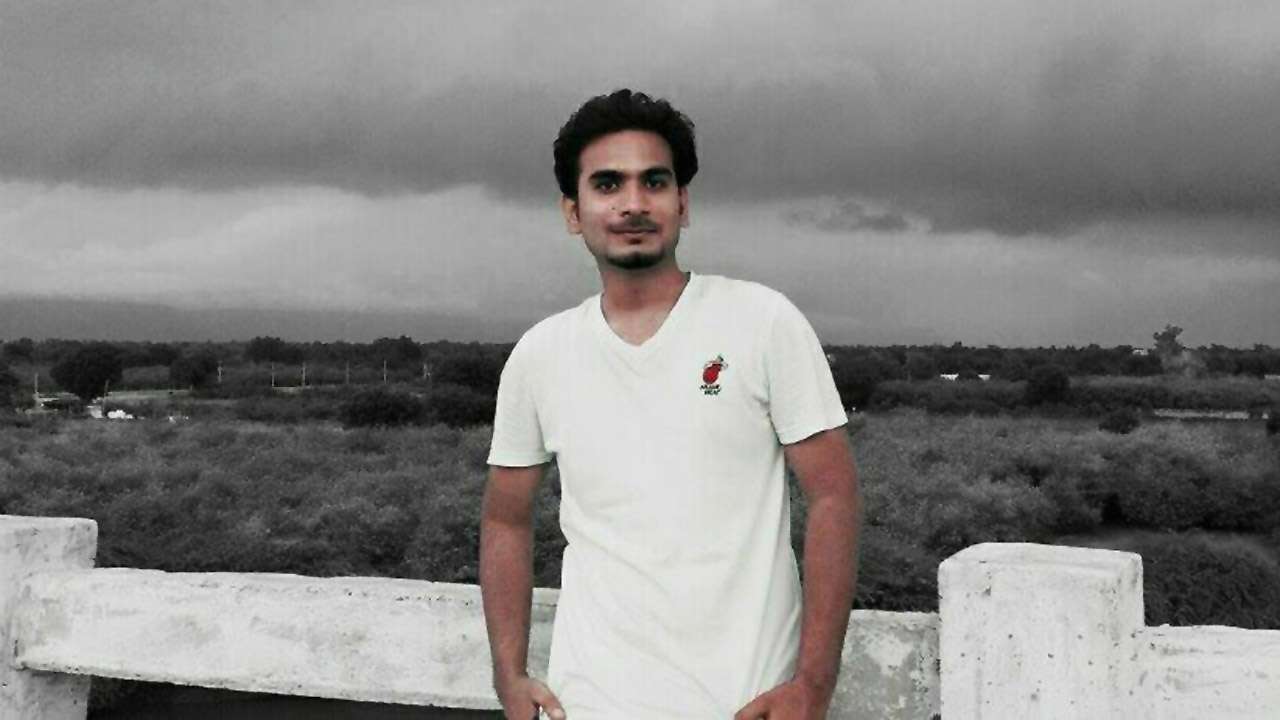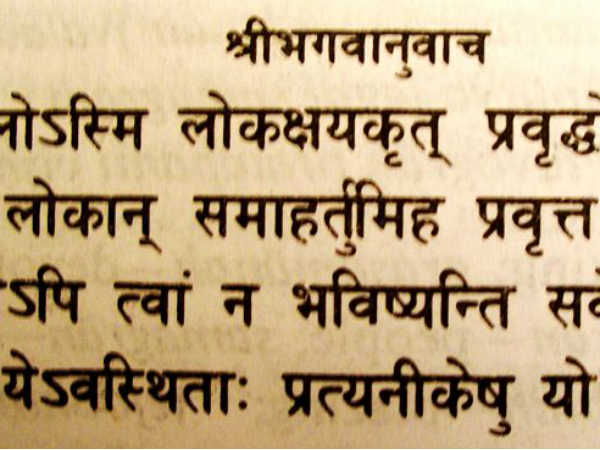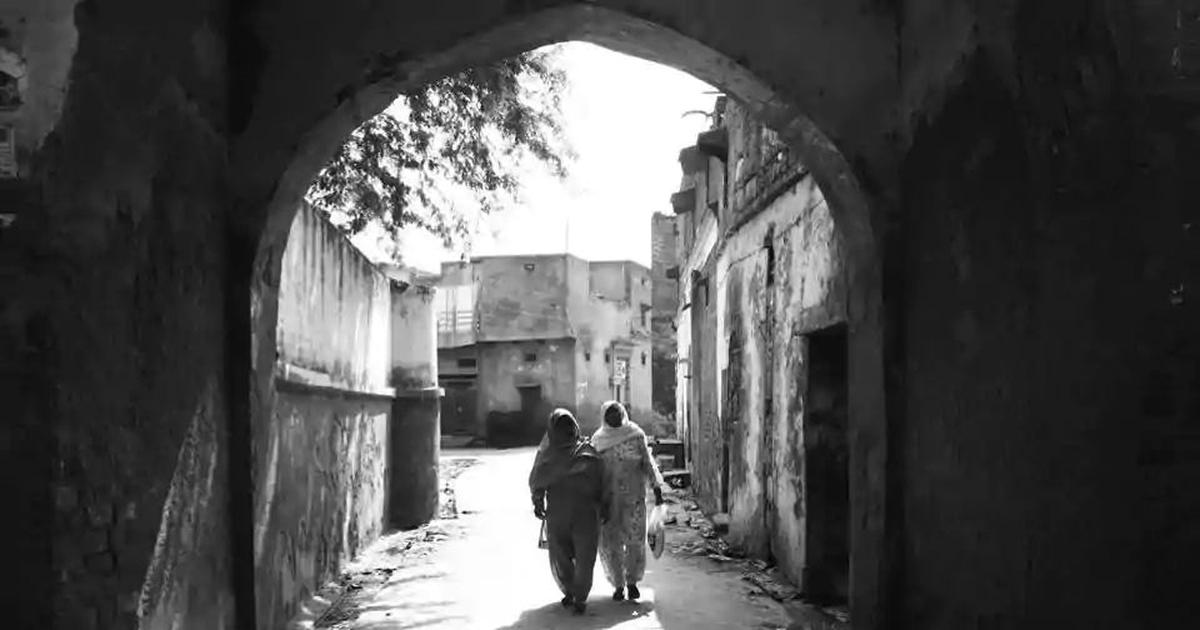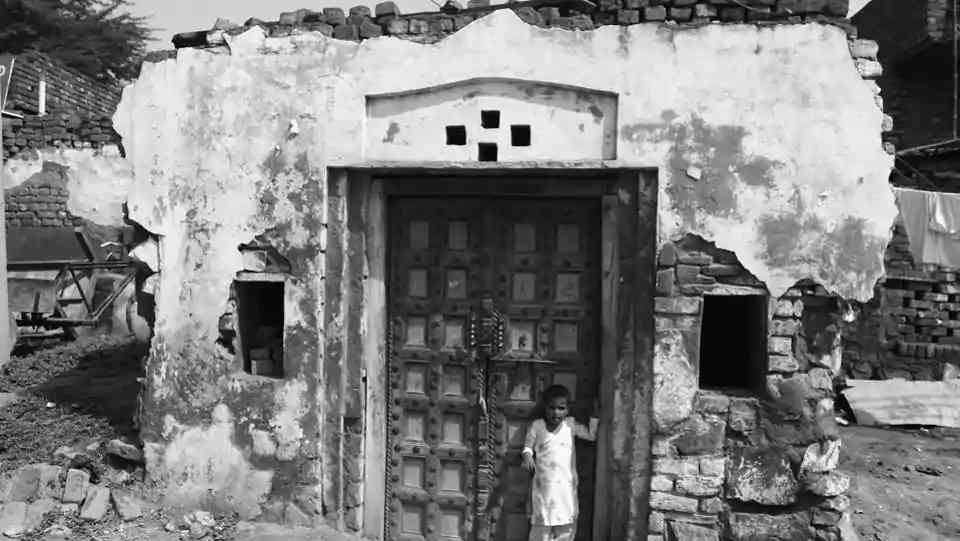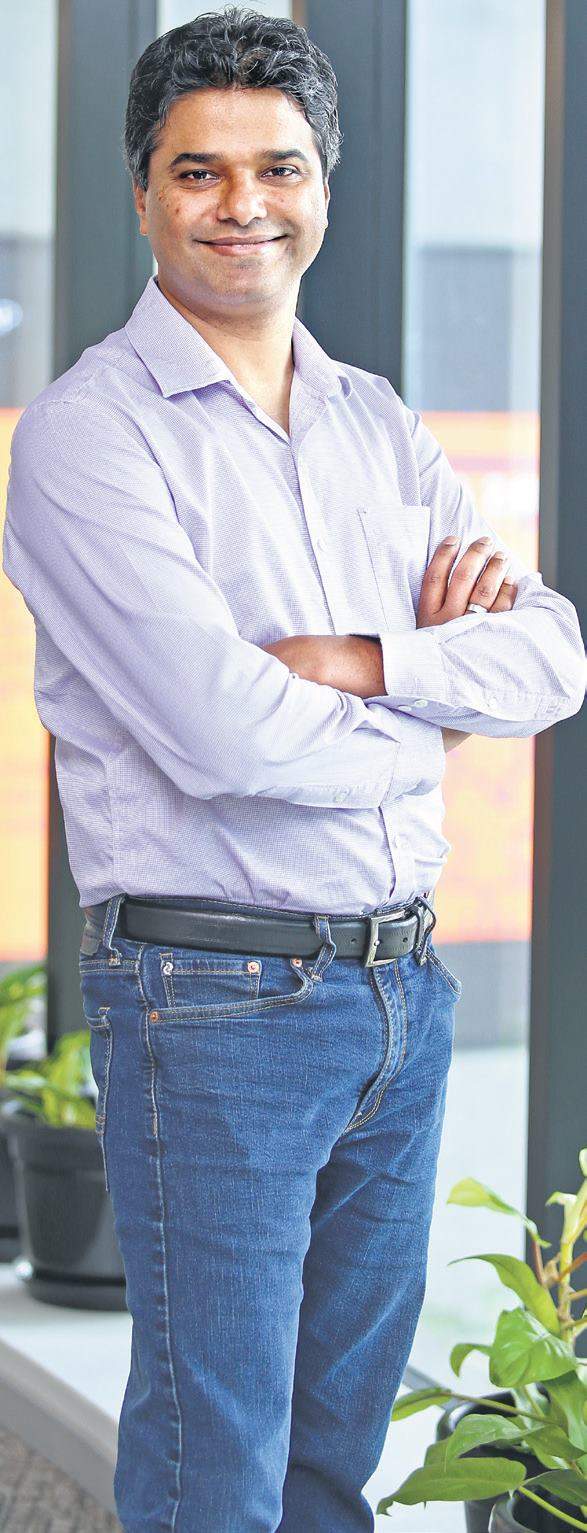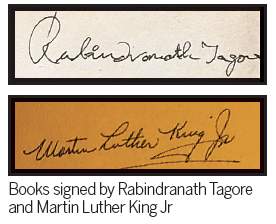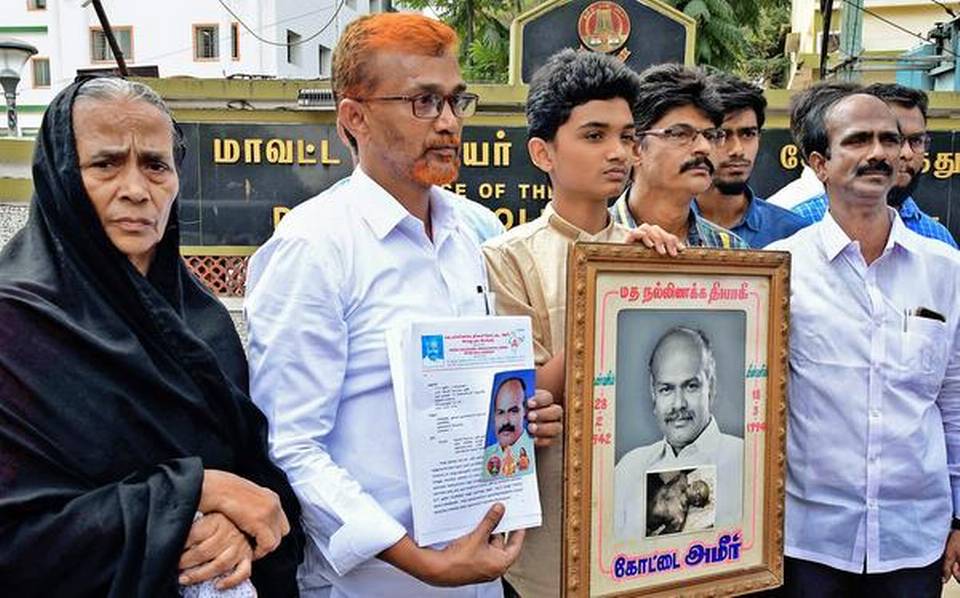Padma Awards — one of the highest civilian Awards of the country, are conferred in three categories, namely, Padma Vibhushan, Padma Bhushan and Padma Shri. The Awards are given in various disciplines/ fields of activities, viz. art, social work, public affairs, science and engineering, trade and industry, medicine, literature and education, sports, civil service, etc. ‘Padma Vibhushan’ is awarded for exceptional and distinguished service; ‘Padma Bhushan’ for distinguished service of high order and ‘Padma Shri’ for distinguished service in any field. The awards are announced on the occasion of Republic Day every year.
These awards are conferred by the President of India at ceremonial functions which are held at Rashtrapati Bhawan usually around March/ April every year. This year the President of India has approved conferment of 112 Padma Awards including one duo case (in a duo case, the Award is counted as one) as per list below. The list comprises 4 Padma Vibhushan, 14 Padma Bhushan and 94 Padma Shri Awards. 21 of the awardees are women and the list also includes 11 persons from the category of foreigners/NRI/PIO/OCI, 3 posthumous awardees and 1 transgender person.
Bharat Ratna (3)
1. Nanaji Deshmukh (posthumous)
2. Dr. Bhupen Hazarika (posthumous)
3. Pranab Mukherjee
Padma Vibhushan (4)
1. Ms. Teejan Bai — Art-Vocals-Folk — Chhattisgarh
2. Shri Ismail Omar Guelleh (Foreigner) — Public Affairs — Djibouti
3. Shri Anilkumar Manibhai Naik — Trade & Industry-Infrastructure — Maharashtra
4. Shri Balwant Moreshwar Purandare — Art-Acting-Theatre — Maharashtra
Padma Bhushan (14)
1. Shri John Chambers (Foreigner) — Trade & Industry-Technology — USA
2. Shri Sukhdev Singh Dhindsa — Public Affairs — Punjab
3. Shri Pravin Gordhan (Foreigner) — Public Affairs — South Africa
4. Shri Mahashay Dharam Pal Gulati — Trade & Industry-Food Processing — Delhi
5. Shri Darshan Lal Jain — Social Work — Haryana
6. Shri Ashok Laxmanrao Kukade — Medicine-Affordable Healthcare — Maharashtra
7. Shri Kariya Munda — Public Affairs — Jharkhand
8. Shri Budhaditya Mukherjee — Art-Music-Sitar — West Bengal
9. Shri Mohanlal Viswanathan Nair — Art-Acting-Film — Kerala
10. Shri S Nambi Narayan — Science & Engineering-Space — Kerala
11. Shri Kuldip Nayar (Posthumous) — Literature & Education (Journalism) — Delhi
12. Ms. Bachendri Pal — Sports-Mountaineering — Uttarakhand
13. Shri V K Shunglu — Civil Service — Delhi
14. Shri Hukumdev Narayan Yadav — Public Affairs — Bihar
Padma Shri (94)
1. Shri Rajeshwar Acharya — Art-Vocal-Hindustani — Uttar Pradesh
2. Shri bangaru Adigalar — Others-spiritualism — Tamil Nadu
3. Shri Illias Ali — Medicine-Surgery — Assam
4. Shri Manoj Bajpayee — Art-Acting-Films — Maharashtra
5. Shri Uddhab Kumar Bharali — Science & Engineering-Grassroots Innovation — Assam
6. Shri Omesh Kumar Bharti — Medicine-Rabies — Himachal Pradesh
7. Shri Pritam Bhartwan — Art-Vocals-Folk — Uttarakhand
8. Shri Jyoti Bhatt — Art-Painting — Gujarat
9. Shri Dilip Chakravarty — Others-Archaeology — Delhi
10. Shri Mammen Chandy — Medicine-Hematology — West Bengal
11. Shri Swapan Chaudhuri — Art-Music-Tabla — West Bengal
12. Shri Kanwal Singh Chauhan — Others-Agriculture — Haryana
13. Shri Sunil Chhetri — Sports-Football — Telangana
14. Shri Dinyar Contractor — Art-Acting-Theatre — Maharashtra
15. Ms. Muktaben Pankajkumar Dagli — Social Work-Divyang Welfare — Gujarat
16. Shri Babulal Dahiya — Others-Agriculture — Madhya Pradesh
17. Shri Thanga Darlong — Art-Music-Flute — Tripura
18. Shri Prabhu Deva — Art-Dance — Karnataka
19. Ms. Rajkumari Devi — Others-Agriculture — Bihar
20. Ms. Bhagirathi Devi — Public Affairs — Bihar
21. Shri Baldev Singh Dhillon — Science & EngineeringAgriculture — Punjab
22. Ms. Harika Dronavalli — Sports-Chess — Andhra Pradesh
23. Shri Joravarsinh Jadav — Art – Dance (folk) — Gujarat
24. Ms. Godawari Dutta — Art-Painting — Bihar
25. Shri Gautam Gambhir — Sports-Cricket — Delhi
26. Ms. Draupadi Ghimiray — Social Work-Divyang Welfare — Sikkim
27. Ms. Rohini Godbole — Science & Engineering-Nuclear — Karnataka
28. Shri Sandeep Guleria — Medicine-Surgery — Delhi
29. Shri Pratap Singh Hardia — Medicine-Ophthmology — Madhya Pradesh
30. Shri Bulu Imam — Social Work-Culture — Jharkhand
31. Ms. Friederike Irina (Foreigner) — Social Work-Animal Welfare — Germany
32. Shri Joravarsinh Jadav — Art-Dance Folk — Gujarat
33. Shri S Jaishankar — Civil Service — Delhi
34. Shri Narsingh Dev Jamwal — Literature & Education — Jammu & Kashmir
35. Shri Fayaz Ahmad Jan — Art-Craft-Papier Mache — Jammu & Kashmir
36. Shri K G Jayan — Art-Music-Bhakti — Kerala
37. Shri Subhash Kak (Foreigner) — Science & Engineering-Technology — USA
38. Shri Sharath Kamal — Sports-Table Tennis — Tamil Nadu
39. Shri Rajani Kant — Social Work — Uttar Pradesh
40. Shri Sudam Kate — Medicine-Sickle Cell — Maharashtra
41. Shri Waman Kendre — Art-Acting-Theatre — Maharashtra
42. Shri Kader Khan (Posthumous-Foreigner) — Art-Acting-Films — Canada
43. Shri Abdul Gafur Khatri — Art-Painting — Gujarat
44. Shri Ravindra Kolhe (Duo)* — Medicine-Affordable Healthcare — Maharashtra
Ms. Smita Kolhe (Duo)* — Medicine-Affordable Healthcare — Maharashtra
45. Ms. Bombayla Devi Laishram — Sports-Archery — Manipur
46. Shri Kailash Madbaiya — Literature & Education — Madhya Pradesh
47. Shri Ramesh Babaji Maharaj — Social Work-Animal Welfare — Uttar Pradesh
48. Shri Vallabhbhai Vasrambhai Marvaniya — Others-Agriculture — Gujarat
49. Ms. Gita Mehta (Foreigner) — Literature & Education — USA
50. Shri Shadab Mohammad — Medicine-Dentistry — Uttar Pradesh
51. Shri K K Muhammed — Others-Archaeology — Kerala
52. Shri Shyama Prasad Mukherjee — Medicine-Affordable Healthcare — Jharkhand
53. Shri Daitari Naik — Social Work — Odisha
54. Shri Shankar Mahadevan Narayan — Art-Vocals-Films — Maharashtra
55. Shri Shantanu Narayen (Foreigner) — Trade & Industry-Technology — USA
56. Nartaki Natraj — Art-Dance-Bharatnatyam — Tamil Nadu
57. Shri Tsering Norboo — Medicine-Surgery — Jammu & Kashmir
58. Shri Anup Ranjan Pandey — Art-Music — Chhattisgarh
59. Shri Jagdish Prasad Parikh — Others-Agriculture — Rajasthan
60. Shri Ganpatbhai Patel (Foreigner) — Literature & Education — USA
61. Shri Bimal Patel — Others-Architecture — Gujarat
62. Shri Hukumchand Patidar — Others-Agriculture — Rajasthan
63. Ms. Madurai Chinna Pillai — Social Work-Microfinance — Tamil Nadu
64. Ms. Tao Porchon-Lynch (Foreigner) — Others-Yoga — USA
65. Ms. Kamala Pujhari — Others-Agriculture — Odisha
66. Shri Bajrang Punia — Sports-Wrestling — Haryana
67. Shri Jagat Ram — Medicine-Ophthalmology — Chandigarh
68. Shri R V Ramani — Medicine-Ophthalmology — Tamil Nadu
69. Shri Devarapalli Prakash Rao — Social Work-Affordable Education — Odisha
70. Shri Anup Sah — Art-Photography — Uttarakhand
71. Ms. Milena Salvini (Foreigner) — Art-Dance-Kathakali — France
72. Shri Nagindas Sanghavi — Literature & Education-Journalism — Maharashtra
73. Shri Sirivennela Seetharama Sastry — Art-Lyrics — Telangana
74. Shri Shabbir Sayyad — Social Work-Animal Welfare — Maharashtra
75. Shri Mahesh Sharma — Social Work-Tribal Welfare — Madhya Pradesh
76. Shri Mohammad Hanif Khan Shastri — Literature & Education — Delhi
77. Shri Brijesh Kumar Shukla — Literature & Education — Uttar Pradesh
78. Shri Narendra Singh — Others-Animal Husbandry — Haryana
79. Ms. Prashanti Singh — Sports-Basketball — Uttar Pradesh
80. Shri Sultan Singh — Others-Animal Husbandry — Haryana
81. Shri Jyoti Kumar Sinha — Social Work-Affordable Education — Bihar
82. Shri Anandan Sivamani — Art-Music — Tamil Nadu
83. Ms. Sharada Srinivasan — Others-Archaeology — Karnataka
84. Shri Devendra Swarup (Posthumous) — Literature & Education-Journalism — Uttar Pradesh
85. Shri Ajay Thakur — Sports-Kabaddi — Himachal Pradesh
86. Shri Rajeev Tharanath — Art-Music-Sarod — Karnataka
87. Ms. Saalumarada Thimmakka — Social Work-Environment — Karnataka
88. Ms. Jamuna Tudu — Social Work-Environment — Jharkhand
89. Shri Bharat Bhushan Tyagi — Others-Agriculture — Uttar Pradesh
90. Shri Ramaswami Venkataswami — Medicine-Surgery — Tamil Nadu
91. Shri Ram Saran Verma — Others-Agriculture — Uttar Pradesh
92. Shri Swami Vishudhananda — Others-Spiritualism — Kerala
93. Shri Hiralal Yadav — Art-Vocals-Folk — Uttar Pradesh
94. Shri Venkateswara Rao Yadlapalli — Others-Agriculture — Andhra Pradesh
* indicates duo case. (counted as one award)
In the earlier version of this article, a Padma Shri awardee name was repeated. It has been corrected now.
source: http://www.thehindu.com / The Hindu / Home> News> National / by The Hindu Net Desk / January 25th, 2019
